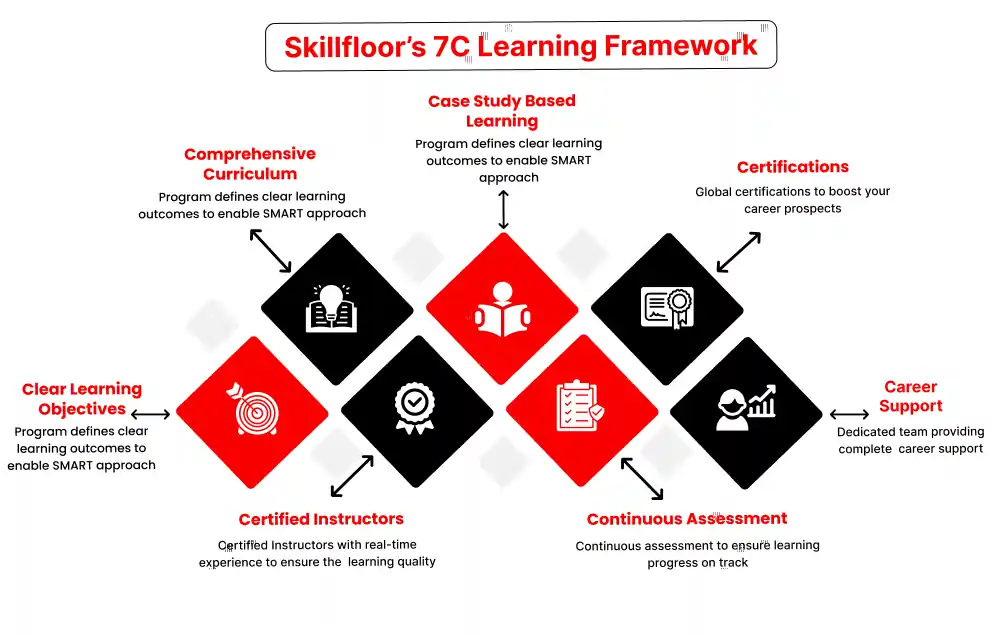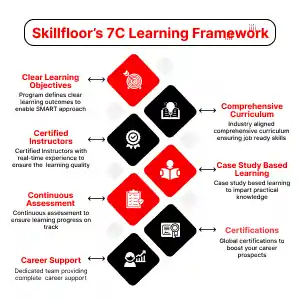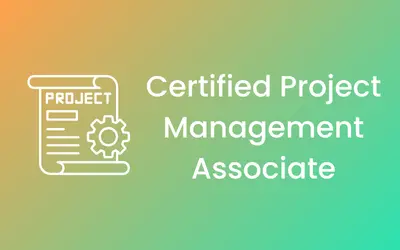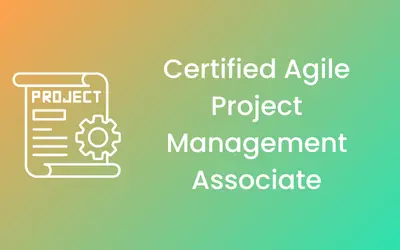project management courses with placement
SKF - PM
-

-
(378 Reviews)
- Career: Across all industries, project management abilities are highly valued and present many prospects for career progression.
- Skill: A broad skill set that is required to achieve success in a variety of professional contexts is promoted by project management.
- Flexible Learning: Education in project management provides flexible learning options for meeting various timetables and preferences.










